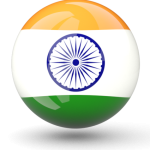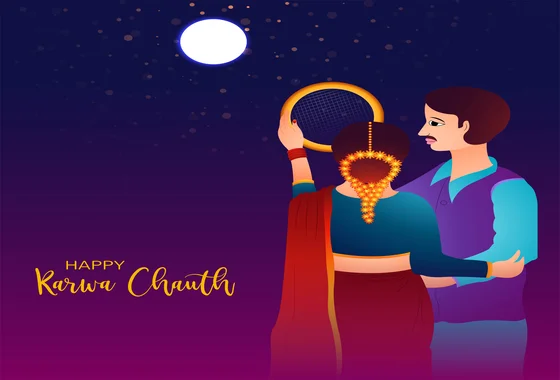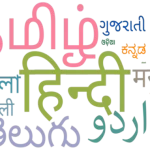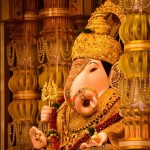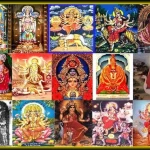Karwa Chauth: A Day of Love, Fasting, and Devotion. 💖🌙
Introduction
Karwa Chauth is a beautiful and significant festival celebrated by married Hindu women in India. It is a day of fasting, devotion, and prayer for the well-being and longevity of their husbands. This festival not only showcases the love and commitment between a husband and wife but also the cultural richness of India. In this blog, we will explore the history, customs, and the deeper significance of Karwa Chauth.
The History of Karwa Chauth
Karwa Chauth has a rich history dating back thousands of years. While the exact origins of the festival are not well-documented, it is believed to have its roots in Hindu mythology and folklore. One popular legend is that of Queen Veervati, who observed a strict fast on this day for her husband's well-being. Her unwavering devotion and determination impressed the gods, and they blessed her husband with a longer life. This story inspired other married women to adopt the tradition of fasting on Karwa Chauth.
Customs and Rituals
Fasting: The most prominent and symbolic aspect of Karwa Chauth is fasting. Married women observe a day-long fast, refraining from consuming any food or water from sunrise until they see the moon. The fast is broken once the moon rises, and the husband offers his wife water and the first morsel of food.
Sargi: Before sunrise, a mother-in-law provides her daughter-in-law with a pre-dawn meal called "sargi." This meal typically includes fruits, sweets, and other dishes to help the woman sustain herself throughout the day.
Dressing Up: Women often take great care in their appearance for Karwa Chauth. They wear beautiful sarees, apply henna (mehndi) on their hands, and adorn themselves with jewelry.
Puja and Prayers: Women come together in the evening for a collective puja (prayer ceremony). They offer prayers to the moon and other deities for the well-being of their husbands. The sacred story of Karwa Chauth is recited during the puja.
Breaking the Fast: The fast is traditionally broken after sighting the moon. Women look at the moon through a sieve, and their husbands offer them water and food, symbolizing the end of the day's fast.
Significance of Karwa Chauth
Expressing Love: Karwa Chauth is a day when married couples express their love and commitment to each other. The fast symbolizes the wife's devotion and willingness to make sacrifices for the well-being of her husband.
Bond of Togetherness: The rituals of Karwa Chauth also strengthen the bond between a husband and wife. The shared experience of fasting and participating in the evening puja deepens their emotional connection.
Cultural Tradition: Karwa Chauth is not just a religious festival; it's also a cultural tradition that celebrates the sanctity of marriage and the role of women in upholding family values.
Celebrating Womanhood: Karwa Chauth is an occasion for women to celebrate their identity and womanhood. It provides a sense of belonging and sisterhood as women come together to observe the fast and perform the rituals.
A Time for Reflection: Fasting during Karwa Chauth is not only about prayers but also an opportunity for self-reflection and spiritual growth. It is a day of self-discipline and mindfulness.
In Conclusion
Karwa Chauth is a festival that beautifully encapsulates the spirit of love, devotion, and tradition in India. It is not only a celebration of marital bonds but also a reflection of the cultural values and significance attached to the institution of marriage. In a modern world where traditions sometimes fade, Karwa Chauth continues to thrive, serving as a reminder of the enduring strength of relationships and the power of love.
As women come together to celebrate this day, it's not just the moon they gaze upon but the enduring spirit of love and togetherness that lights up their lives. Karwa Chauth, with its customs and rituals, remains a cherished festival that honors the sacred bond between a husband and wife.

